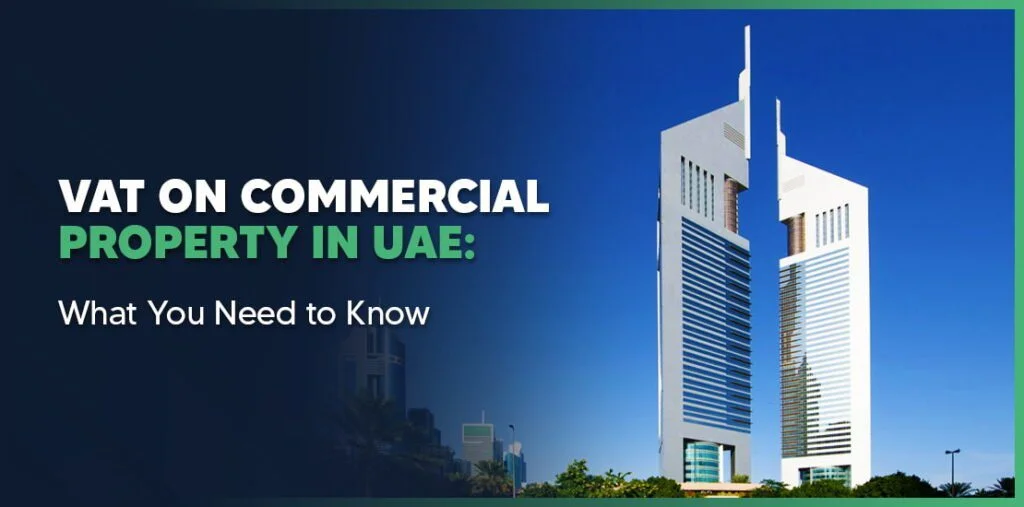Now Reading: Dubai Property Transfers: 6 Critical Fees Buyers Must Accurately Budget
-
01
Dubai Property Transfers: 6 Critical Fees Buyers Must Accurately Budget
Dubai Property Transfers: 6 Critical Fees Buyers Must Accurately Budget

Table of Contents
Dubai Property Transfers: Purchasing a luxury property in Dubai is an exciting venture, offering access to a vibrant market known for its architectural marvels and investment potential. However, beyond the property’s purchase price, buyers must account for several critical fees associated with property transfers.
These costs, mandated by the Dubai Land Department (DLD) and other entities, can significantly impact your budget if not planned for carefully. Understanding these fees ensures a smooth transaction process and helps avoid unexpected financial strain. This article outlines six essential fees that luxury property buyers in Dubai must accurately budget for to make informed and financially sound decisions.
1. Dubai Land Department (DLD) Transfer Fee
Property Transfers: The most significant fee in any Dubai property transaction is the DLD transfer fee, set at 4% of the property’s purchase price. This mandatory charge is levied to formalize the transfer of ownership and update the title deed with the Dubai Land Department, ensuring legal recognition of the transaction.
For a luxury property valued at AED 5 million, this fee amounts to AED 200,000. While the law suggests splitting this fee equally between buyer and seller, in practice, buyers often cover the full amount unless otherwise negotiated in the sales agreement.
To budget effectively, buyers should confirm the fee-sharing arrangement early in the negotiation process. Some developers may offer to cover this fee for off-plan properties as part of promotional deals, which can be a significant saving for high-end purchases. Payments are typically made via a manager’s cheque or electronic transfer at DLD Trustee Offices, and the transaction must be registered within 60 days to avoid cancellation.
2. Property Registration Fees

In addition to the DLD transfer fee, buyers must pay property registration fees to officially record the ownership transfer. These fees vary based on the property’s value: AED 2,000 plus 5% VAT for properties valued below AED 500,000, and AED 4,000 plus 5% VAT for properties above AED 500,000. For luxury properties, which typically exceed AED 500,000, buyers should budget AED 4,200 (including VAT) for this fee.
This cost is non-negotiable and ensures the property is legally registered under the buyer’s name. For example, a AED 10 million villa would incur the higher registration fee of AED 4,200. Buyers should also account for minor administrative charges, such as AED 580 for apartments or AED 40 for off-plan properties, which support the processing of the title deed. Accurate budgeting for these fees prevents delays in finalizing ownership.
3. Real Estate Agent Commission
Real estate agents play a vital role in navigating Dubai’s competitive property market, but their services come with a commission, typically 2% of the purchase price plus 5% VAT. For a AED 5 million property, this translates to AED 105,000 (AED 100,000 commission plus AED 5,000 VAT). This fee compensates agents for facilitating the transaction, from property selection to price negotiation and contract preparation.
Buyers can sometimes negotiate this commission, especially in direct developer sales where agent fees may be waived. To avoid surprises, clarify the commission structure upfront and ensure it’s outlined in the sales agreement. Engaging a reputable, RERA-registered broker can also streamline the process, ensuring compliance with Dubai’s real estate regulations.
4. No Objection Certificate (NOC) Fees
A No Objection Certificate (NOC) is required to confirm that the seller has cleared all dues, such as service charges or developer fees, before the property can be transferred. The cost of obtaining an NOC typically ranges from AED 500 to AED 5,000, depending on the developer or property management company. While this fee is generally paid by the seller, buyers should verify this in the contract, as some agreements may shift the cost to the buyer.
For luxury properties, particularly in high-end developments like Palm Jumeirah or Downtown Dubai, NOC fees may lean toward the higher end due to complex management structures. Buyers should budget for this potential cost and ensure the NOC is obtained promptly to avoid delays in the transfer process.
5. Mortgage Registration Fees
For buyers financing their purchase through a mortgage, an additional fee applies to register the loan with the DLD. This mortgage registration fee is 0.25% of the loan amount plus a fixed administrative charge of AED 290. For example, a AED 4 million mortgage would incur a fee of AED 10,290 (AED 10,000 for 0.25% of the loan plus AED 290). This cost ensures the lender’s interest in the property is legally protected.
Buyers should also consider other mortgage-related expenses, such as arrangement fees (typically 1% of the loan amount) and property valuation fees (AED 2,500–3,500). Some banks allow these fees to be added to the mortgage, reducing upfront costs but increasing the loan’s overall cost. Careful budgeting for these fees is crucial for buyers relying on financing.
6. Service Charges and Administrative Fees

After the property transfer, buyers must budget for ongoing service charges, which cover the maintenance of common areas and amenities in residential communities. These charges, calculated on a per-square-foot basis, vary by location and property type, ranging from AED 7 to AED 30 per square foot for apartments and AED 2 to AED 6 per square foot for villas. For a 3,000-square-foot luxury villa in a premium community like Emirates Hills, service charges could range from AED 6,000 to AED 18,000 annually.
Additionally, buyers may incur minor administrative fees during the transfer process, such as AED 520 for the title deed or AED 1,000–2,500 for utility connection charges (e.g., DEWA for electricity and water). These costs, while smaller, should be factored into the overall budget to ensure comprehensive financial planning.
Strategic Budgeting for a Seamless Purchase
To navigate Dubai’s property transfer process successfully, luxury buyers must plan meticulously for these fees. Start by researching the property’s value and location to estimate the DLD transfer fee and service charges accurately. Engage a trusted real estate agent and legal advisor to clarify fee responsibilities and negotiate terms, such as splitting the DLD fee or waiving agent commissions in developer-led sales.
For mortgaged purchases, consult with banks to understand all associated costs and explore options to incorporate fees into the loan. Additionally, verify the NOC process early to avoid delays, and budget for ongoing service charges based on the property’s size and community amenities. By accounting for these six critical fees DLD transfer fee, registration fees, agent commission, NOC fees, mortgage registration fees, and service charges buyers can ensure a transparent and financially sound transaction.
Conclusion
Purchasing a luxury property in Dubai offers unparalleled opportunities for lifestyle and investment, but understanding the associated transfer fees is essential for effective budgeting. The DLD transfer fee, registration fees, agent commissions, NOC costs, mortgage-related charges, and ongoing service fees can add up to 7–8% of the property’s purchase price, significantly impacting the total cost of ownership. By planning for these expenses and working with experienced professionals, buyers can navigate the transfer process with confidence, securing their dream property while maximizing financial efficiency in Dubai’s dynamic real estate market.
read more: Dubai Real Estate: 5 Helpful Tax Insights For Luxury Property Buyers






















